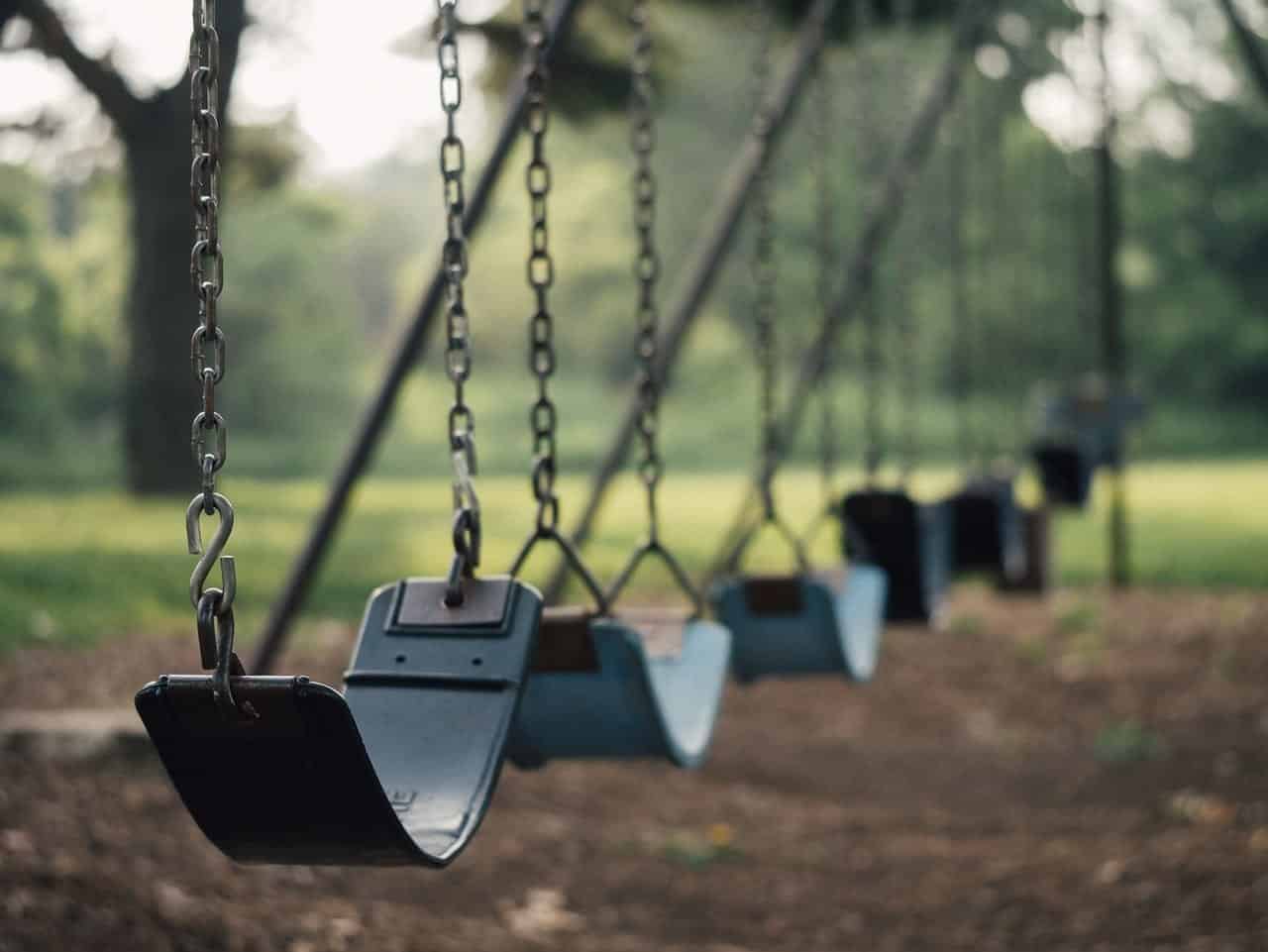- Home
- THE FIRM+
- Criminal Defense+
- CASE RESULTS
- AREAS WE SERVE+
- FAQ’s
- Blog
- Contact
AZHARI LLC BLOG

Posted By: Sami Azhari
Category:
A sex offender charge is different from most other crimes. For one, there is a lot more public shame attached to sex charges. The way our system is set up, this shame remains public after a conviction, since sex offenders must register on a public list that will tell peers, neighbors, employers – basically anyone who has access to the internet – that they have been convicted of a sex offense.
Where the registry is concerned in our state, it doesn’t matter if your charge is Indecent Solicitation of an Adult, Child Pornography, or Criminal Sexual Assault. If convicted, you will be have to register with Illinois’s Sex Offender Registry.
Being on this public registry is not just a form of embarrassment. It puts restrictions on you that could flip your whole world upside down and make rehabilitation next to impossible.
One example: in some cases, you may be forced to move out of your home after becoming a convicted sex offender.
Consequences for Sex Offenses in Illinois
A spot on the sex offender registry comes with the following restrictions and consequences:
- Registrants must re-register, in person, once a year for 10 years. For some charges, the individual will have to re-register once every 90 days. Failing to register is a crime in Illinois.
- Registrants must re-register every time he or she moves, or travels out of the state.
- Individuals still on probation, parole, or mandatory supervised release may not access social networking websites.
- Child sex offenders are not allowed on school grounds unless they have the permission of the superintendent, school board, or principal (in the case of private schools). Parents of children attending school may visit the school grounds for specific reasons, but others must stay at least 500 feet from school grounds or face criminal consequences.
- Sexual predators or child sex offenders cannot be present in a public park, forest preserve, or conservation area.
- Child sex offenders cannot live within 500 feet of any building or facility that provides youth programs or services. This includes schools, playgrounds, and some churches.
Let’s look at those last two.
Five hundred feet is about half of a city block. If your home is located near buildings or facilities that cater to people under the age of 18, you will have to move or you will be in violation of Illinois law. A similar rule applies to your place of employment. Work to close to minors? You’ll need a new job.
These restrictions will last as long as you are on the sex offender registry, which means you will have to abide by these rules for at least 10 years. In some cases, you’ll have to stay away for life.
This has made it so difficult for some people on the registry to lead productive lives that now they’re fighting back.
Sex Offenders Sue for Rights
Earlier this year, five registered child sex offenders in Illinois filed a federal lawsuit over the sex offender laws.
The offenders told their stories to the Chicago Tribune. One man said that his family’s home is located close to a play lot, and after being convicted of solicitation of a child, he is not allowed to live with his family anymore. He even fears visiting his children, and currently lives in a shelter.
Another woman involved in the lawsuit pled guilty many years ago to aggravated criminal sexual abuse of a minor, and is hesitant about her abilities to attend her Baptist church. Why? Because the church offers services for youth, like children’s Bible study.
The five who filed a lawsuit, along with many other sex offenders, served their time and completed all of their parole conditions. The registry, however, brands sex offenders as criminals for as long as they remain on it.
Broad Categories, Complicated Issues
One of the other complicated issues with Illinois’ sex offender laws is the broad categories in which offenders are placed. To put it more plainly, there is a long list of offenses that can get you on the sex offender registry, but less than a handful of categories on the registry.
So for any number of crimes, you may be labeled a Sexual Predator (and have to register for life), or a Sexually Dangerous or Sexually Violent Person (and have to register every 90 days for life). There’s a good chance that if you end up on the sex offender registry, you will be lumped in a category with offenders who have committed much more severe crimes.
To put this in perspective, someone convicted of Child Pornography holds the same title (Sexual Predator) as someone convicted of Child Abduction or Aggravated Criminal Sexual Assault. These crimes are very different, but face the same lifelong requirements.
The point is that these types of charges are incredibly serious, and you need someone on your side who not only works to minimize any fines and jail time that you may face, but also penalties above and beyond this such as those associated with the registry.
Contact Azhari LLC’s Criminal Defense Lawyer
If you face sex crime charges, your best bet at a positive outcome is to get in contact with a knowledgeable Illinois defense lawyer and start building a strong case immediately.
About the Author
Sami Azhari has been working as a lawyer since 2007, after receiving his Juris Doctor from the Michigan State University College of Law. He has handled numerous state and federal cases, and is known throughout the Chicago and Rolling Meadows area for providing his clients with high-quality, skilled representation. He has been recognized by SuperLawyers, the National Trial Lawyers Association, and other notable organizations, and has spoken at a number of legal conferences.



























































